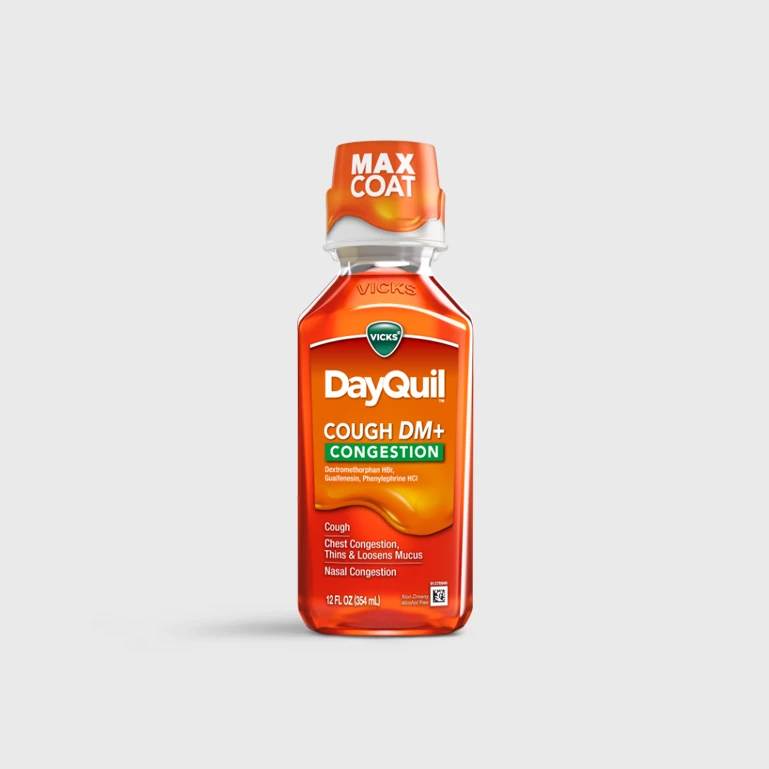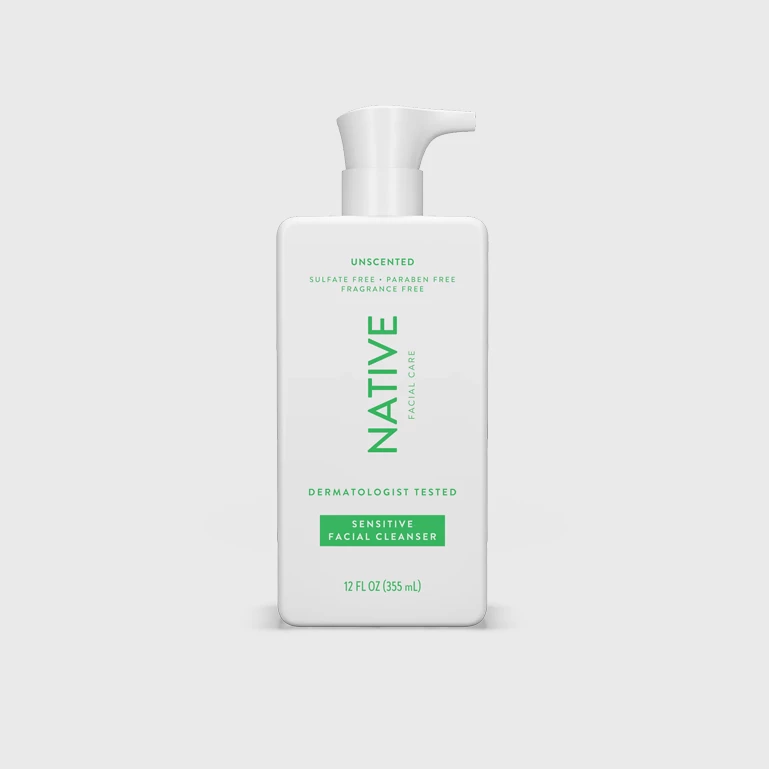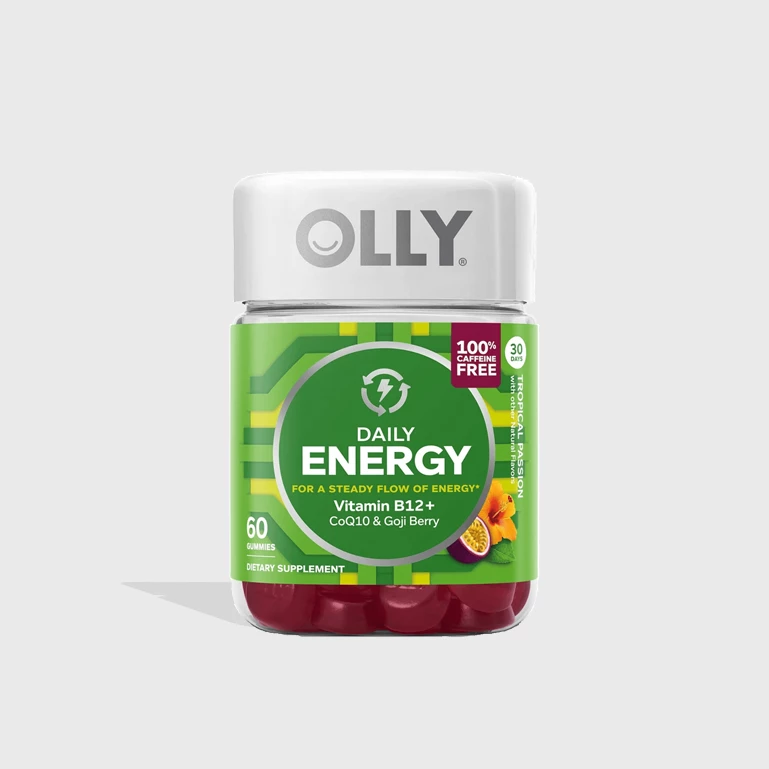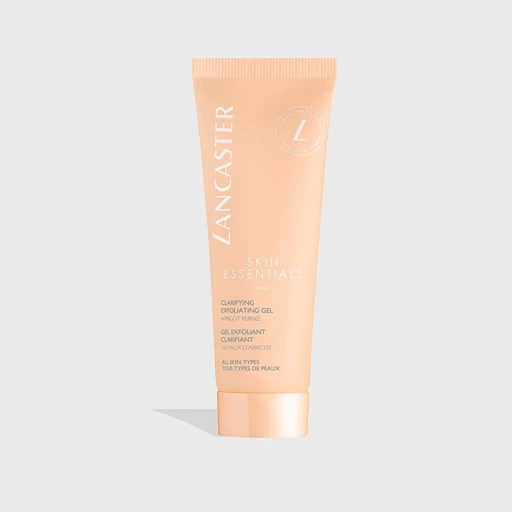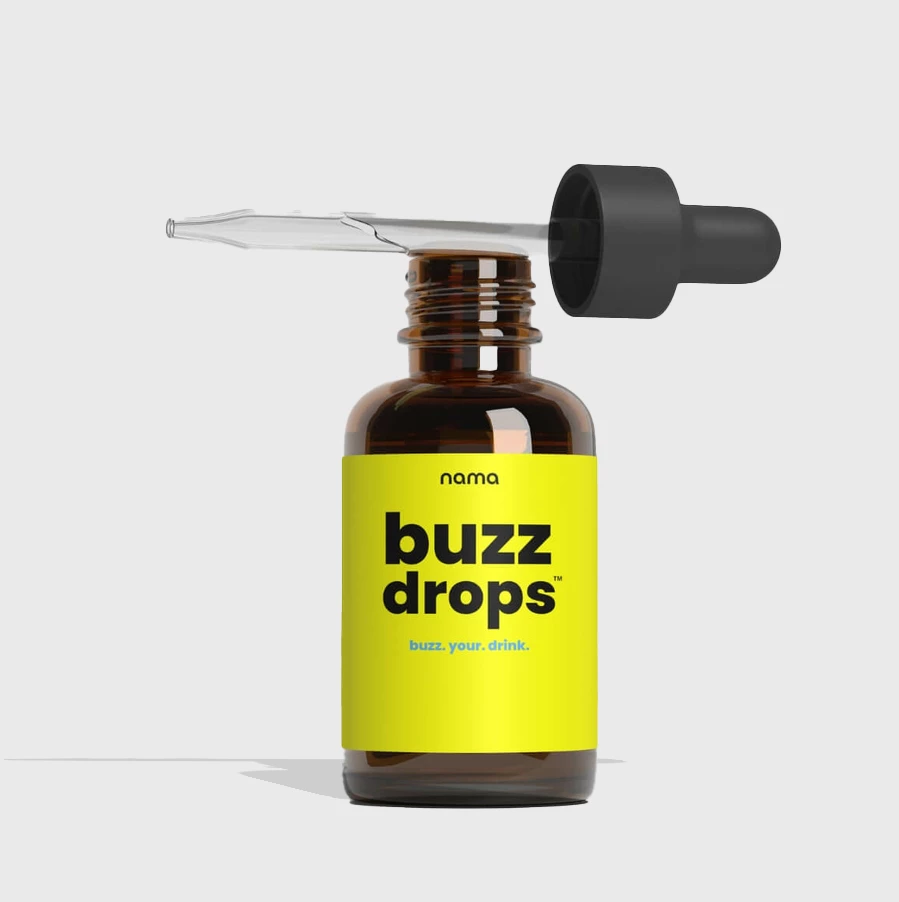CBD for Seasonal Allergies: Natural Relief from Congestion and Inflammation
CBD for Seasonal Allergies: Natural Relief from Congestion and Inflammation
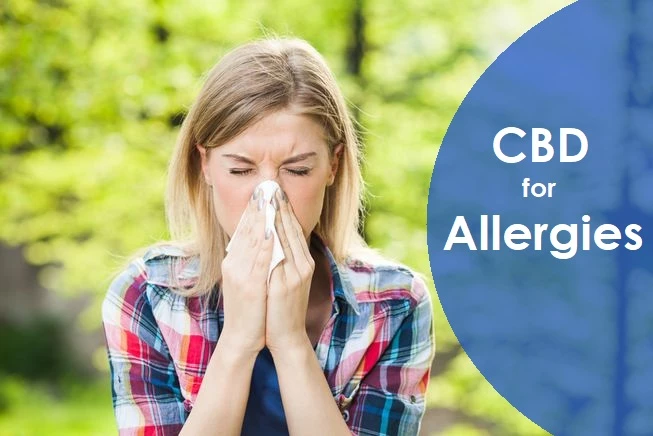
Introduction
Seasonal allergies, often referred to as hay fever or allergic rhinitis, affect millions of people worldwide. Common symptoms like nasal congestion, sneezing, itching, and inflammation can significantly impact daily life. While traditional remedies such as antihistamines and decongestants provide relief, they often come with side effects. Enter cannabidiol (CBD), a natural compound derived from the cannabis plant, which has shown potential in alleviating allergy symptoms through its anti-inflammatory, immune-regulating, and calming properties.
This article explores how CBD can be a natural ally in managing seasonal allergies, its mechanisms of action, and how to incorporate it into your wellness routine.
Understanding Seasonal Allergies
Seasonal allergies occur when the immune system overreacts to allergens such as pollen, mold, or dust mites. This overreaction triggers the release of histamines, leading to inflammation and other symptoms.
-
Common Symptoms
- Nasal congestion.
- Sneezing and runny nose.
- Itchy eyes, nose, and throat.
- Fatigue and headaches.
-
Causes of Seasonal Allergies
- Exposure to pollen, mold spores, and other airborne allergens.
- Immune system hypersensitivity.
Explore more about the causes of seasonal allergies at Vliso.ai.
How CBD Can Help with Seasonal Allergies
CBD interacts with the body’s endocannabinoid system (ECS), which regulates immune response, inflammation, and pain. Its ability to modulate these processes makes it a promising option for managing seasonal allergy symptoms.
-
Reducing Inflammation
- CBD’s anti-inflammatory properties can help alleviate swelling and congestion in the nasal passages.
-
Immune System Regulation
- CBD may reduce immune system hypersensitivity, preventing overreaction to allergens.
-
Alleviating Discomfort
- By interacting with pain receptors, CBD can reduce headaches and sinus pressure associated with allergies.
Learn more about CBD’s role in immune health at Vliso.ai.
CBD and Histamine Release
Histamines are chemicals released by the immune system during allergic reactions, causing symptoms like itching and swelling. While CBD does not directly block histamines like antihistamines do, it can reduce their effects by:
-
Inhibiting Mast Cell Activation
- Mast cells release histamines during allergic reactions. CBD may stabilize these cells, reducing histamine release.
-
Modulating Inflammatory Pathways
- CBD’s interaction with ECS receptors helps mitigate the inflammation caused by histamines.
Discover how CBD interacts with histamines at Vliso.ai.
Best CBD Products for Seasonal Allergy Relief
-
CBD Oils and Tinctures
- Sublingual application allows for fast absorption, providing quick relief from congestion and inflammation.
-
CBD Capsules
- A convenient, pre-measured option for consistent dosing.
-
CBD Nasal Sprays
- Targeted relief for nasal congestion, delivering CBD directly to inflamed tissues.
-
CBD Topicals
- Balms and creams can be applied to the chest or temples to ease sinus pressure and promote relaxation.
Explore high-quality CBD products for allergies at Vliso.ai.
Dosage Recommendations
-
Start Low and Adjust Gradually
- Begin with a low dose, such as 10-20 mg, and increase as needed.
-
Timing Matters
- Take CBD 30-60 minutes before exposure to allergens for preventive benefits.
-
Consistency is Key
- Regular use may enhance CBD’s effectiveness in managing allergies over time.
CBD vs. Traditional Allergy Medications
While CBD offers several benefits, it is not a direct replacement for traditional medications. Here’s how they compare:
-
Fewer Side Effects
- Unlike antihistamines, CBD does not cause drowsiness or dry mouth.
-
Holistic Benefits
- CBD addresses multiple aspects of allergies, including inflammation, immune response, and discomfort.
-
Non-Habit Forming
- CBD does not carry the risk of dependency associated with some decongestants.
Learn how CBD complements traditional treatments at Vliso.ai.
Incorporating CBD into Your Allergy Management Plan
-
Combine with Natural Remedies
- Pair CBD with remedies like saline nasal sprays, neti pots, and air purifiers for comprehensive relief.
-
Maintain a Healthy Diet
- Foods rich in antioxidants and omega-3 fatty acids can reduce inflammation and support immune health.
-
Practice Stress Management
- Stress can exacerbate allergy symptoms. Incorporate mindfulness practices like yoga and meditation alongside CBD.
Find tips on building a holistic allergy plan at Vliso.ai.
Potential Side Effects and Precautions
-
Mild Side Effects
- CBD is generally well-tolerated but may cause dry mouth, drowsiness, or changes in appetite.
-
Consult a Healthcare Provider
- Especially if you are pregnant, breastfeeding, or taking other medications.
-
Choose High-Quality Products
- Look for third-party tested, organic CBD products to ensure safety and efficacy.
Real-Life Testimonials
Many individuals report significant relief from seasonal allergies after using CBD. Testimonials highlight reduced nasal congestion, fewer headaches, and improved overall comfort during allergy seasons.
The Future of CBD in Allergy Relief
As research on CBD expands, its role in managing allergies is likely to grow. Innovations such as nano-CBD for enhanced absorption and tailored formulations for specific allergy triggers represent exciting developments in this field.





